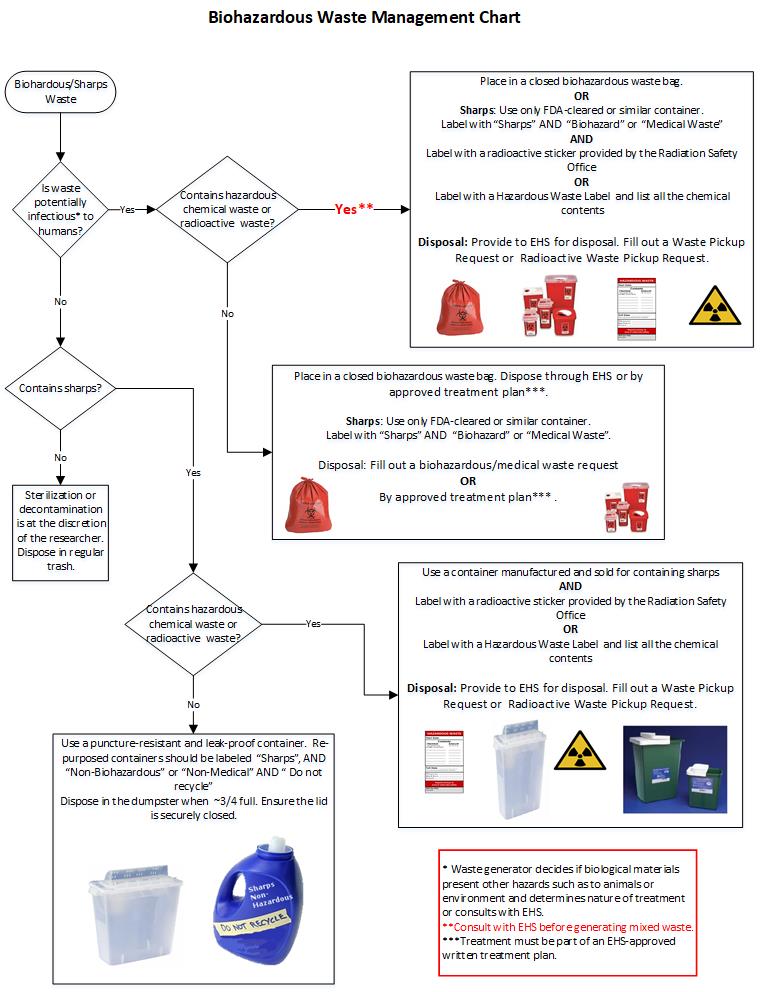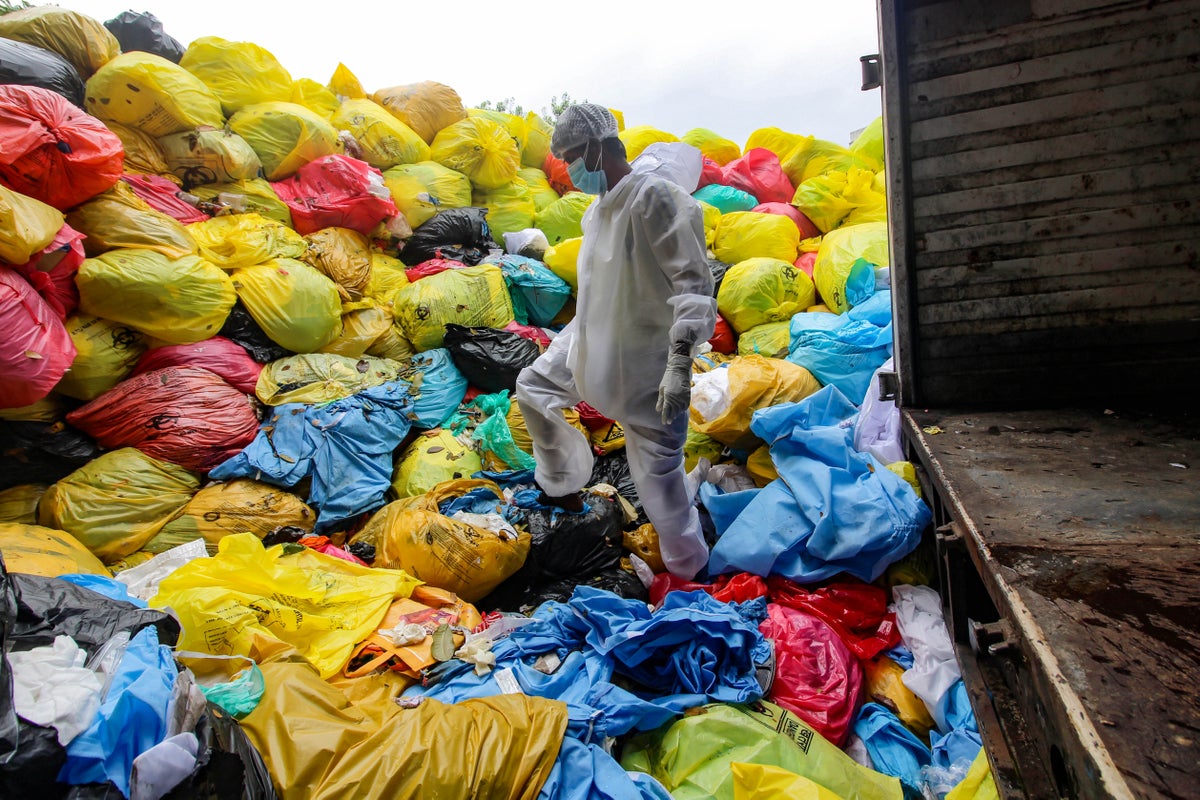Making Sure Safe Handling and Disposal of Medical Waste
Making sure safe handling and disposal of clinical waste is of critical significance in health care settings. Inappropriate management of medical waste can pose significant threats to the setting, public health and wellness, and health care workers. This requires adherence to stringent standards and protocols for its secure handling and disposal. In this intro, we will explore the significance of proper clinical waste administration, the risks connected with incorrect handling and disposal, in addition to the standards and strategies that can be applied to guarantee its secure disposal. In addition, we will go over the importance of training and education and learning for healthcare experts in order to keep a tidy and secure healthcare setting. By following these methods, we can efficiently alleviate the prospective hazards connected with medical waste.
Value of Correct Clinical Waste Management
Appropriate clinical waste monitoring is of utmost value in making sure the safety and wellness of medical care specialists, clients, and the general public. Clinical waste describes any waste produced by healthcare facilities throughout the medical diagnosis, treatment, or booster shot of animals or people. This waste can position severe wellness threats if not managed and disposed of effectively.
One of the key reasons correct clinical waste monitoring is essential is to avoid the spread of infectious conditions. Medical waste, such as utilized needles, polluted dressings, and organic materials, can carry unsafe virus. Otherwise dealt with and dealt with appropriately, these microorganisms can be transmitted to healthcare employees, individuals, waste trainers, and also the basic public, resulting in the prospective outbreak of conditions.
Additionally, proper clinical waste administration aids safeguard the environment - medical waste removal service. Clinical waste contains unsafe materials, including chemicals, pharmaceuticals, and radioactive substances. When not handled properly, these materials can infect soil, water bodies, and the air, posing a substantial risk to environments and public health
Furthermore, effective clinical waste management guarantees conformity with neighborhood guidelines and worldwide requirements. Governments and regulatory bodies have developed procedures and guidelines to make sure the secure handling, storage space, transportation, and disposal of medical waste. Abiding by these laws is necessary to stay clear of lawful effects and preserve the track record and reputation of medical care centers.
Risks of Improper Handling and Disposal

If clinical waste is not correctly disposed of,Individuals can likewise be revealed to these infectious diseases. If infected needles or various other sharps are not disposed of in assigned puncture-proof containers, they might unintentionally puncture individuals, leading to potential infections. If clinical waste is not segregated correctly, there is a danger of cross-contamination in between different kinds of waste, further increasing the possibilities of disease transmission.
Improper disposal of clinical waste can also have damaging impacts on the setting and the public. If medical waste is not treated and thrown away correctly, it can contaminate water sources, dirt, and air, leading to the spread of diseases and toxins. This can have lasting consequences on communities and public health and wellness.
Standards for Safe Handling of Medical Waste
Executing efficient methods for the secure handling of clinical waste is necessary in making sure the defense of health care experts, people, and the general public. These standards are essential in lessening the threats related to the handling and disposal of clinical waste, such as infections, injuries, and ecological air pollution.
Primarily, health care facilities must develop a thorough waste monitoring strategy that abides by regional, nationwide, and international guidelines. This strategy should consist of clear directions on waste segregation, product packaging, labeling, storage, and transportation. It is crucial to separate various kinds of waste, such as sharps, contagious materials, drugs, and non-hazardous waste, to avoid cross-contamination and promote safe disposal.
Additionally, medical care personnel need to get comprehensive training on correct waste handling strategies. They must be enlightened on the prospective risks of medical waste, the appropriate use of personal protective devices (PPE), and the appropriate treatments for managing, transporting, and disposing of different kinds of waste.
Additionally, medical care facilities must routinely monitor and audit their waste administration methods to make sure that site compliance with standards. This includes performing regular evaluations, examining waste handling treatments, and providing comments and training to staff members.
Effective Methods for Garbage Disposal
To guarantee the risk-free handling and disposal of medical waste, it is necessary to utilize reliable approaches for waste disposal. Clinical waste can posture substantial risks to public health and the atmosphere otherwise dealt with and disposed of effectively. Medical care facilities and waste administration companies should implement ideal strategies to mitigate these threats.
One effective method for garbage disposal is segregation. It entails separating different kinds of clinical waste based upon their characteristics. Segregation permits the appropriate treatment and disposal of each waste classification, minimizing the potential for contamination or damage. Medical care facilities should offer clear guidelines and training to personnel on just how to set apart waste properly.

Moreover, healthcare facilities ought to collaborate with certified waste management companies to make sure appropriate disposal of clinical waste. These companies have the expertise and equipment needed to securely handle and get rid of of clinical waste in conformity with guidelines and finest techniques.
Training and Education for Healthcare Professionals
Healthcare experts play a critical duty in making sure the risk-free handling and disposal of clinical waste through thorough training and education and learning. It is essential for medical care providers to have a deep understanding of the possible threats related to clinical waste and the proper procedures for its monitoring. By getting appropriate training, healthcare professionals can lessen the possible transmission of infectious conditions, avoid ecological contamination, and shield both themselves and the public.

Additionally, training programs must highlight using personal safety equipment (PPE) and appropriate hand health methods when handling clinical waste. medical waste disposal. Medical care specialists should recognize just how to correctly make use of and dispose of PPE to protect themselves from possible direct exposure to hazardous products. They ought to additionally be enlightened on the significance of routine handwashing and the correct usage of hand sanitizers to minimize the spread of contagious diseases
Continuing education and learning and routine updates on medical waste monitoring techniques are critical for healthcare experts. As standards and guidelines progress, it is important to maintain healthcare companies informed concerning any type of adjustments in procedures and ideal techniques. This will certainly guarantee that they stay updated and preserve a high criterion of safety and security in handling and getting rid of of clinical waste.
Conclusion
Finally, correct handling and disposal of medical waste is critical to make certain the safety of medical care professionals, individuals, and the setting. Overlooking to follow regulations and guidelines can lead to numerous dangers and dangers. Applying efficient methods for waste disposal and providing suitable training and education and learning for medical care specialists are crucial in maintaining a risk-free medical care atmosphere. By adhering to these techniques, we can mitigate the prospective threats connected with clinical waste.
Medical waste refers to any kind of waste generated by medical care centers during the medical diagnosis, therapy, or booster shot of humans or animals. If clinical waste is not segregated properly, there is a risk of cross-contamination in between various kinds of waste, more increasing the opportunities of illness transmission.
It is crucial to divide various types of waste, such as sharps, infectious materials, drugs, and non-hazardous waste, to prevent cross-contamination and promote risk-free disposal. WasteX Medical Waste Disposal.
To guarantee the risk-free handling and disposal of clinical waste, it is necessary to utilize efficient techniques for waste disposal. Furthermore, health care facilities must establish a normal waste collection and transport routine to avoid waste buildup and minimize the threat of accidents or contamination.